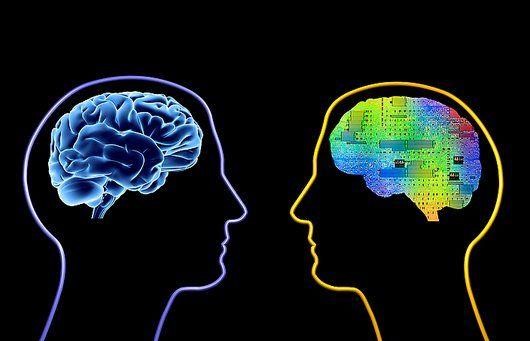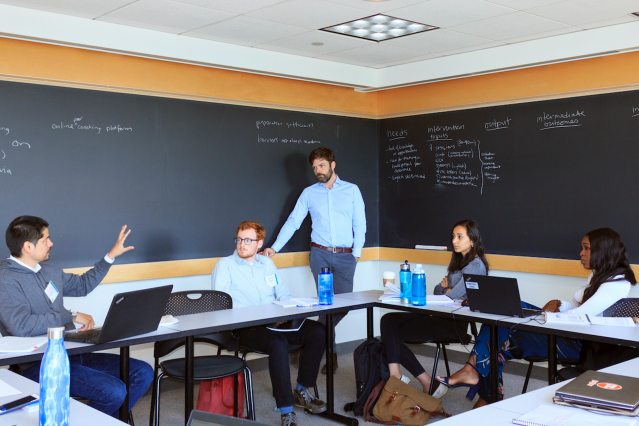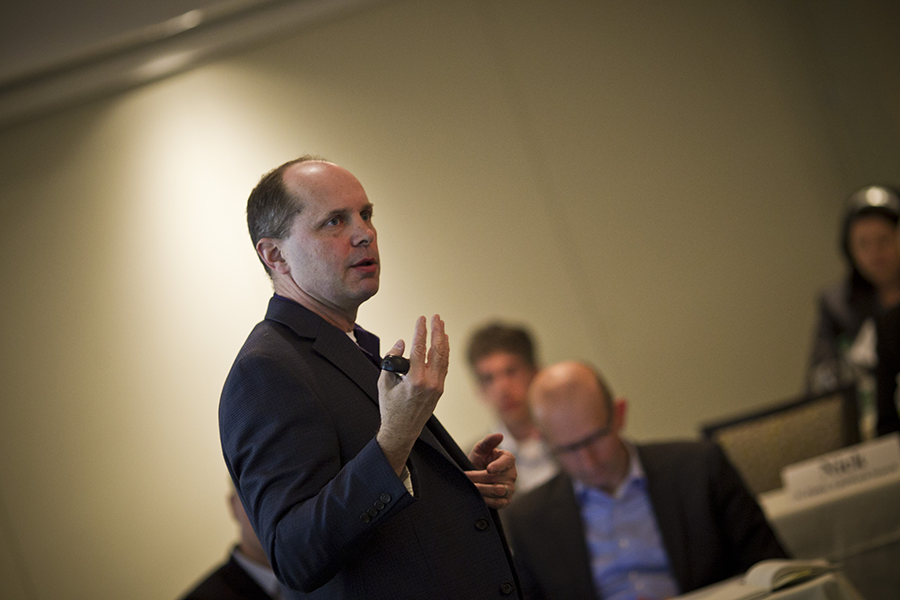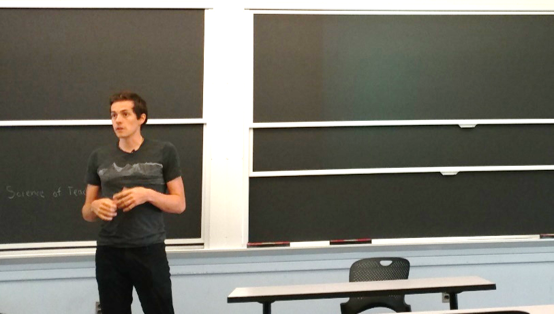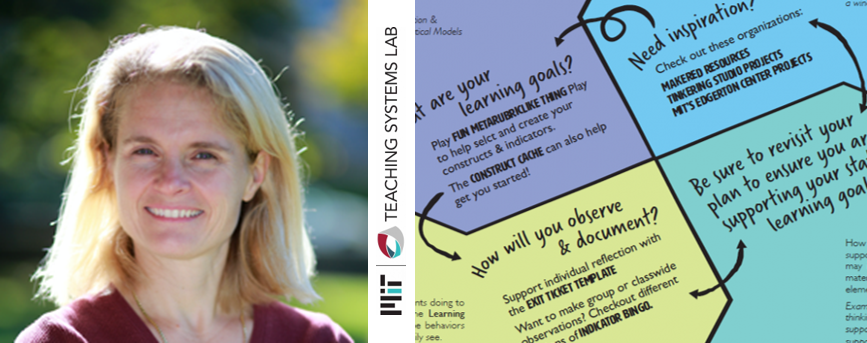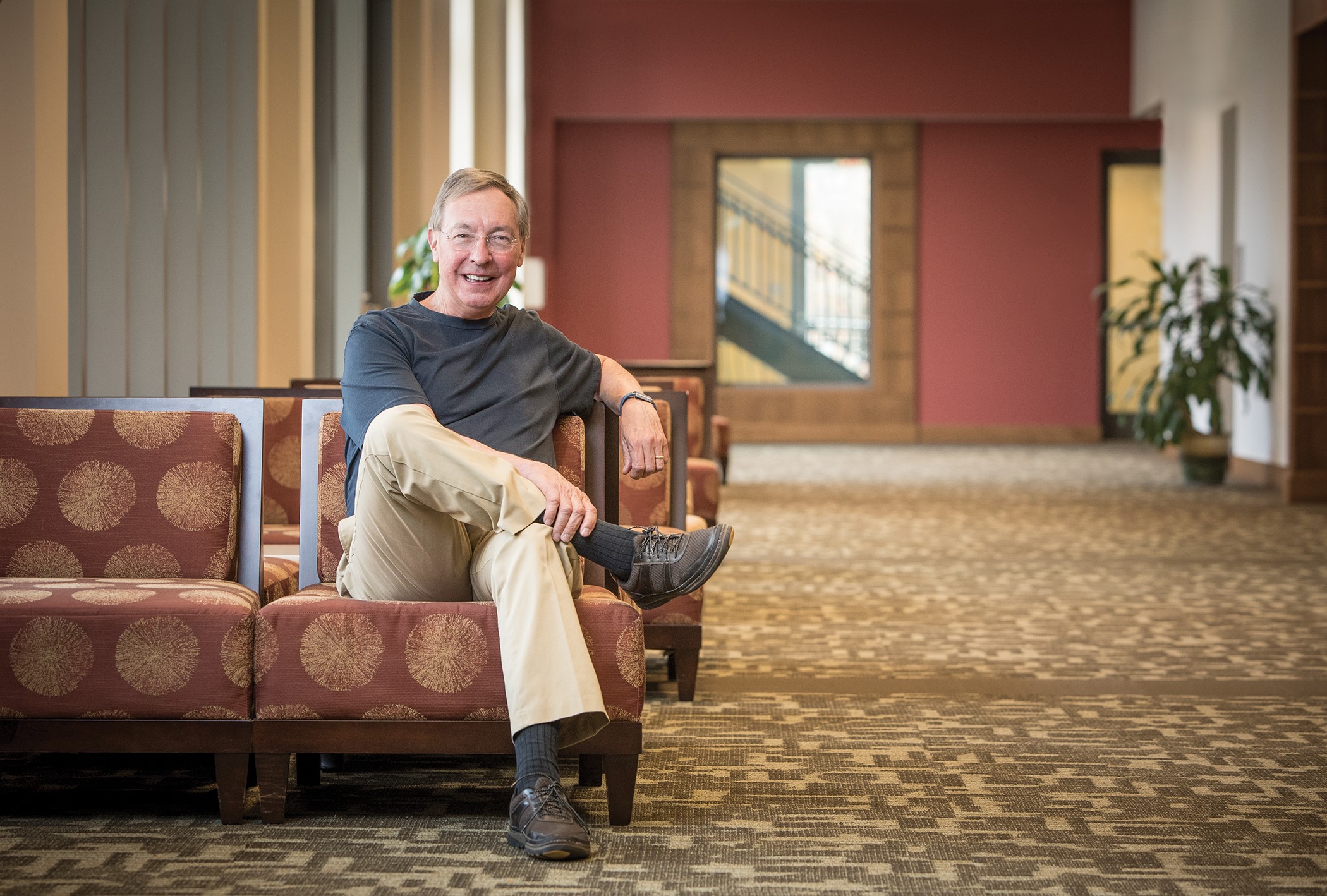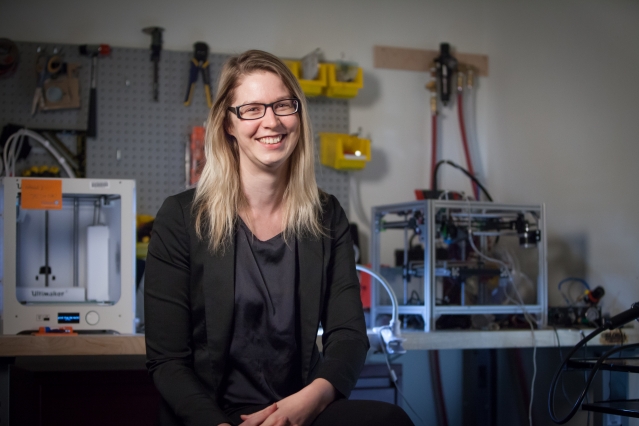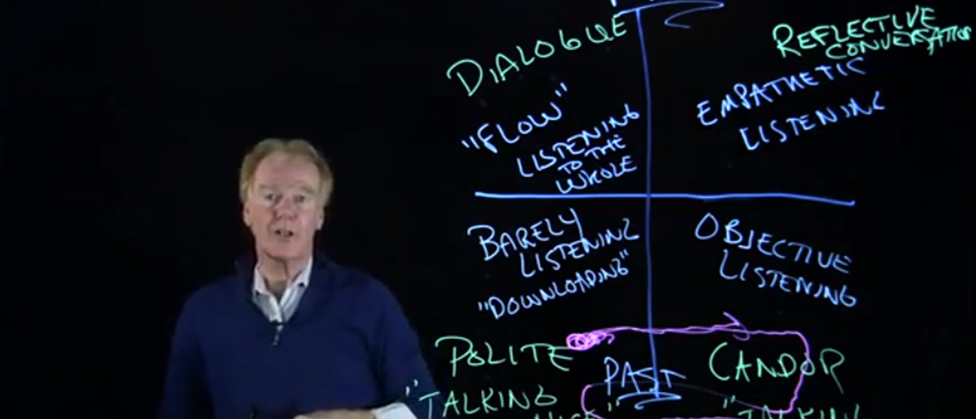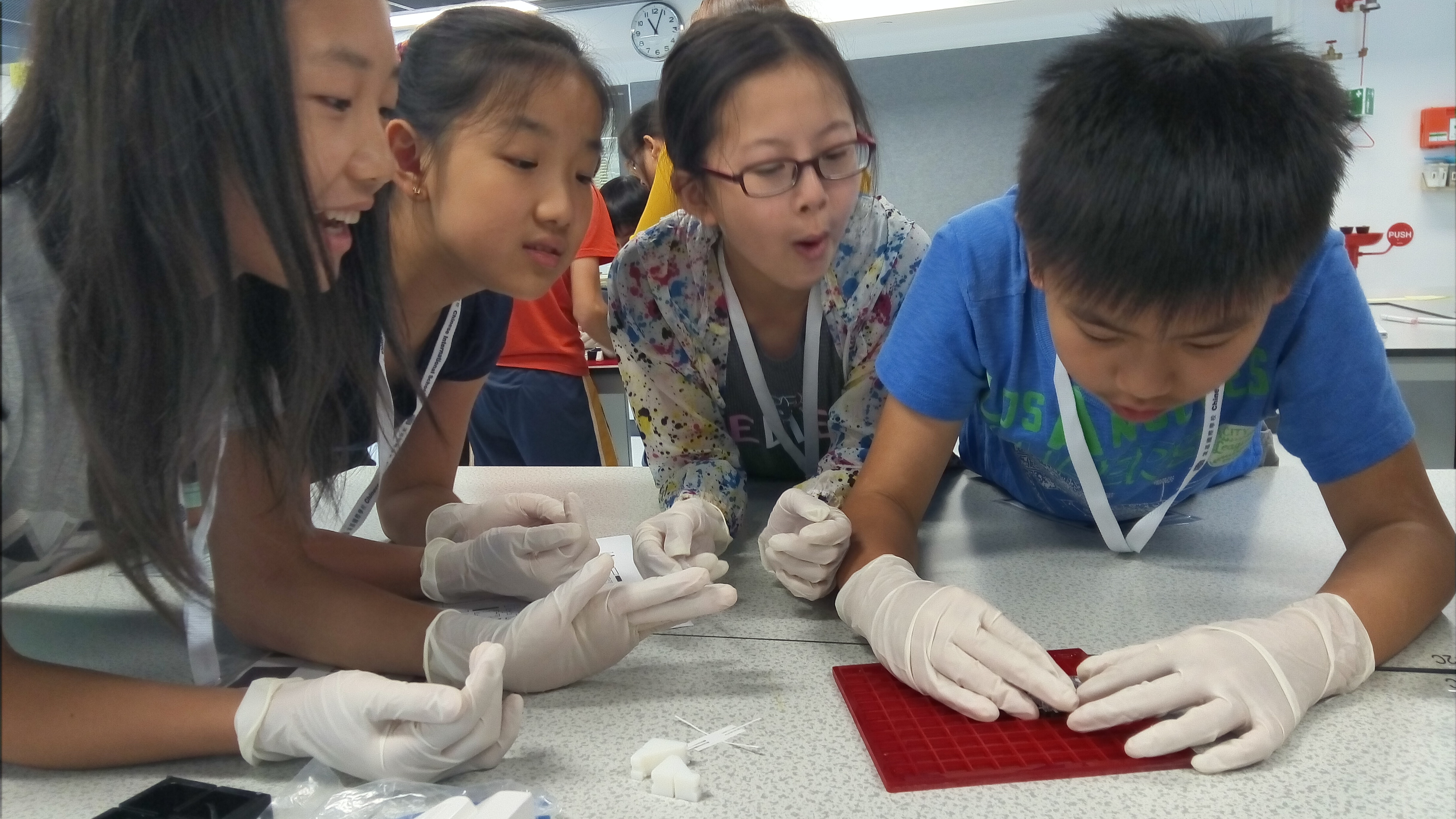Revised 11 April 2019
Artificial intelligence (AI)--the ability of machines to learn--traces its modern roots back more than half a century. The subsequent passage of less than a decade saw a derivative field emerg: the ability of machines to teach.
Blog
Students learn better when you see them as individuals and care about their success. But it can be challenging to get to know your students when you teach large lecture classes, or interact with a new group of students (or several!) every 15 weeks. MIT faculty members face these challenges, too.
Many students face challenges in choosing the right courses in high school, selecting colleges to apply to, completing the application process, applying for financial aid, and meeting matriculation requirements. Read more
Dr Caplice serves as the Executive Director of the Massachusetts Institute of Technology’s Center for Transportation & Logistics (CTL) where he is responsible for the planning and management of the research, education, and corporate outreach programs for the center.
Pierre Dubuc, founder and CEO of OpenClassrooms, spoke at MIT’s xTalk “Building Education-to-Employment Programs That Actually Work.” OpenClassrooms started as a Massive Online Open Course (MOOC) platform in France but has since grown to three million monthly users from nearly 130 countries, many in search of professional development or a certification
Meredith Thompson is a research scientist at the Teaching Systems Lab (TSL) and the Scheller Teacher Education Program (STEP).
Ted Dintersmith, a former venture capitalist, is the executive producer of Most Likely to Succeed, a documentary that focuses on a ninth-grade class in San Diego at High Tech High.
Stefanie Mueller is an assistant professor in the MIT Electrical Engineering and Computer Science (EECS) department and a member of the Computer Science and Artificial Intelligence Laboratory (CSAIL). In her research, she develops novel hardware and software systems that advance personal fabrication technologies.
With the help of conference attendees as research participants, MIT’s Integrated Learning Initiative (MITili) conducted an experiment at MPI’s 2018 World Education Congress in Indianapolis to address the extent to which video improves learning outcomes relative to reading.
This past August, the MIT pK-12 Action Group coordinated and completed its first MIT STEAM Camp. With a goal to bring MIT’s Mens et Manus approach to learning to Hong Kong, the inaugural crew worked with approximately 200 middle-school aged students and 25 teachers from all around the area.
